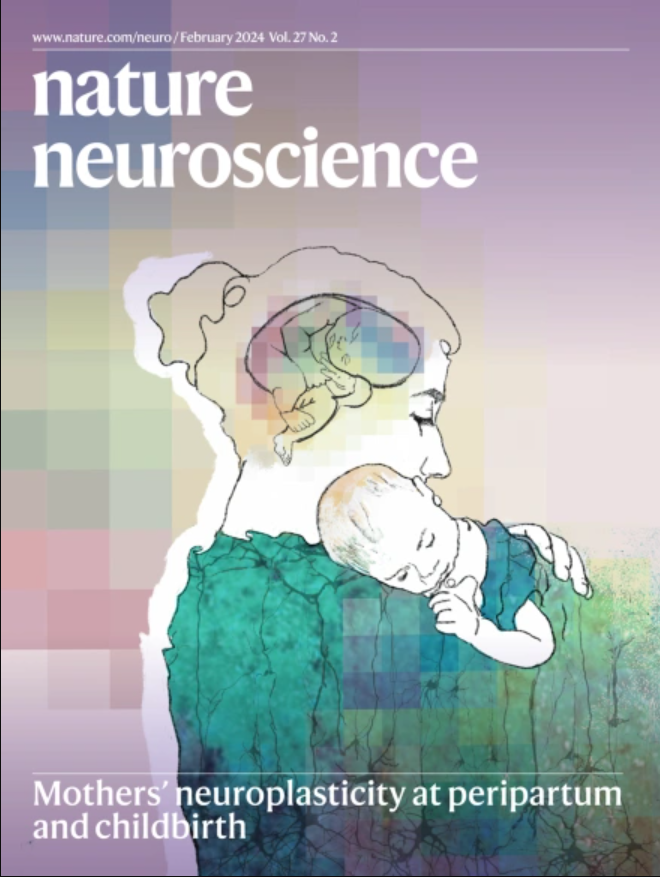Challenges of the inconsistent neurorights framework in Latin America
IF 20
1区 医学
Q1 NEUROSCIENCES
引用次数: 0
拉丁美洲不一致的神经权利框架的挑战
神经技术与社会的融合引发了关于神经权利(规范神经技术的新人权清单)的紧急讨论,并在引发这场辩论的整个地区(拉丁美洲)引发了不同的立法反应。虽然有些国家作出了修改宪法的反应,但其他国家提出了各种法律改革,采用了不同的原则或采用了不具约束力的软法办法,例如建议和准则。这种反应的多样性导致了神经权利保护的支离破碎,对区域一致性构成了挑战。本评论简要讨论了拉丁美洲国家将神经权利纳入其各自法律框架的不同战略,突出了不一致之处,并提出了与知情学术一起应对这些复杂性的方法。神经权利作为应对先进神经技术的伦理必需品出现,主要学者提出了不同的主张。马塞洛·伊恩卡和罗伯托·安多诺在2017年定义了四项关键的神经权利:认知自由、精神隐私、精神完整性和心理连续性,每项权利都旨在保护个人免受不道德的神经技术使用。同时,由Rafael Yuste领导的神经权利基金会强调了创造新的神经权利的重要性,包括精神隐私、个人身份、自由意志、公平获得认知增强和偏见保护(https://neurorightsfoundation.org/mission)。这些新的权利旨在通过制定监管和保护标准来管理新兴神经技术的应用,从而解决伦理问题。
本文章由计算机程序翻译,如有差异,请以英文原文为准。
求助全文
约1分钟内获得全文
求助全文
来源期刊

Nature neuroscience
医学-神经科学
CiteScore
38.60
自引率
1.20%
发文量
212
审稿时长
1 months
期刊介绍:
Nature Neuroscience, a multidisciplinary journal, publishes papers of the utmost quality and significance across all realms of neuroscience. The editors welcome contributions spanning molecular, cellular, systems, and cognitive neuroscience, along with psychophysics, computational modeling, and nervous system disorders. While no area is off-limits, studies offering fundamental insights into nervous system function receive priority.
The journal offers high visibility to both readers and authors, fostering interdisciplinary communication and accessibility to a broad audience. It maintains high standards of copy editing and production, rigorous peer review, rapid publication, and operates independently from academic societies and other vested interests.
In addition to primary research, Nature Neuroscience features news and views, reviews, editorials, commentaries, perspectives, book reviews, and correspondence, aiming to serve as the voice of the global neuroscience community.
 求助内容:
求助内容: 应助结果提醒方式:
应助结果提醒方式:


